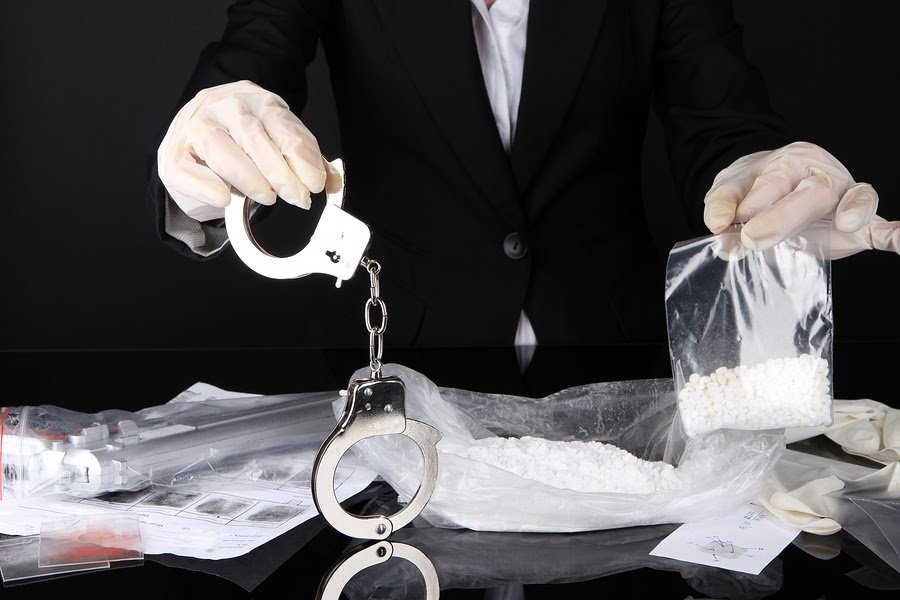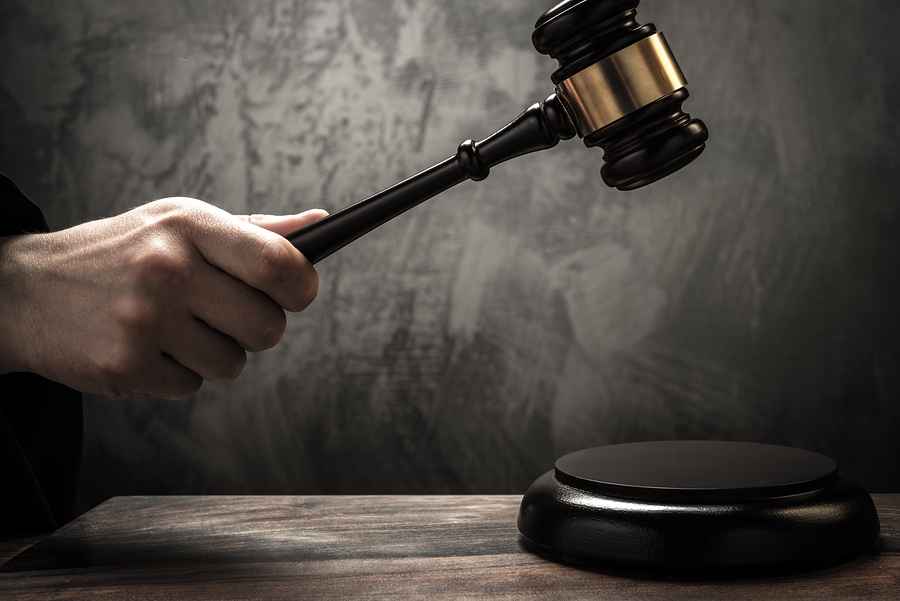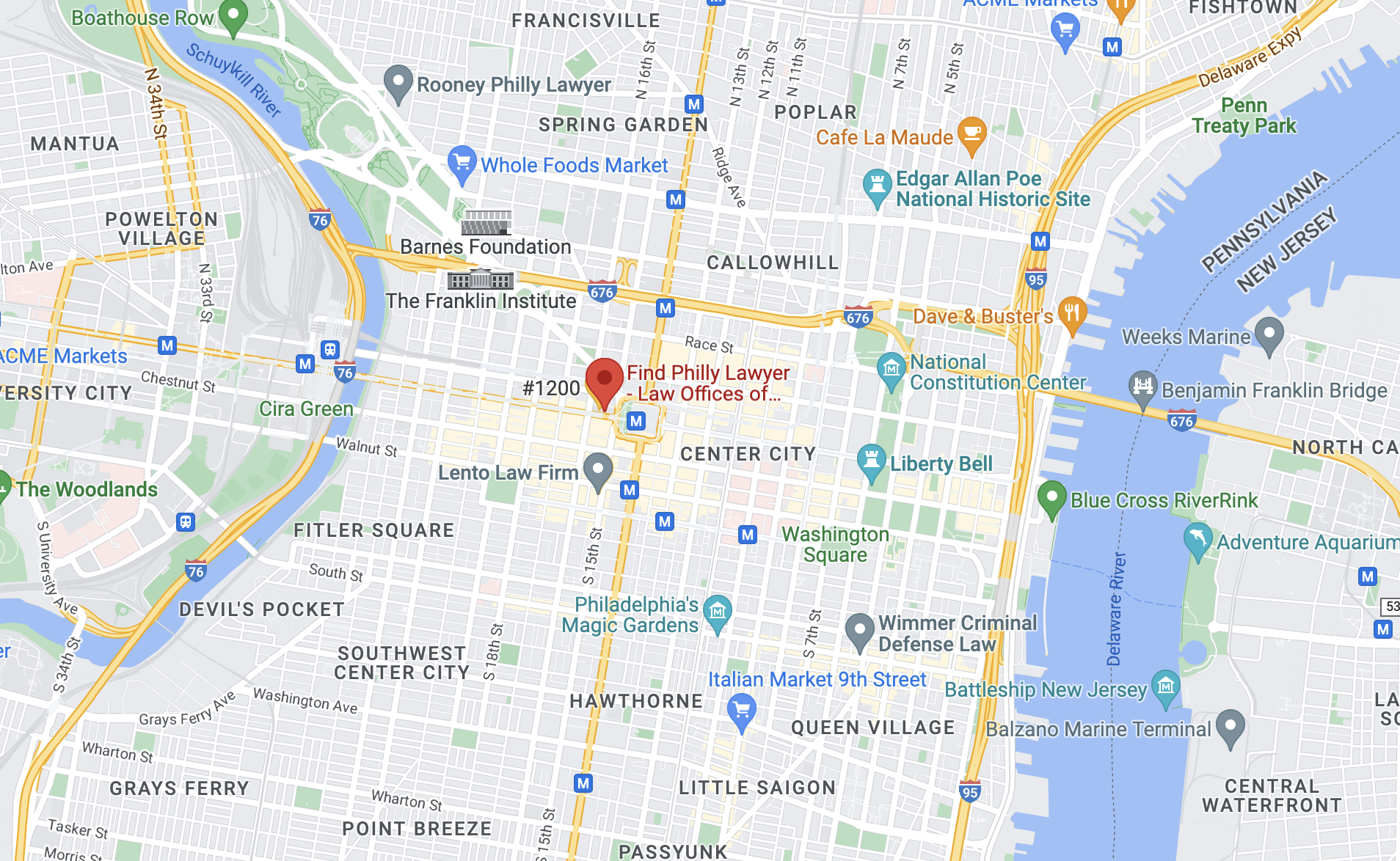While television and movies often depict trials as dramatic courtroom scenes, many other hearings are involved in the justice process. A preliminary hearing precludes trials for felony charges and might set the tone for the rest of the case.
In Philadelphia, preliminary hearings for criminal cases are typically reserved for defendants facing felony charges. The preliminary hearing occurs before a trial is scheduled and is meant to help a judge determine whether sufficient probable cause exists to warrant a trial. Before your preliminary hearing, it is best to hire an attorney who can help you prepare for the hearing by reviewing the evidence against you. The preliminary hearing presents a unique opportunity because if the prosecutor cannot prove a prima facie case, we might persuade the judge to dismiss the case. If you have not done so already, hire an attorney to help you get through your preliminary hearing, as this is an opportunity you do not want to waste.
Speak to our Philadelphia criminal defense lawyers at The Liberty Law Team about a free review of your case by calling (215) 826-3314.
Steps in a Philadelphia Preliminary Criminal Hearing
In much of Pennsylvania, defendants with misdemeanor and felony charges are entitled to preliminary hearings in magisterial district courts. Philadelphia does things a bit differently. In Philadelphia, misdemeanor charges do not get a preliminary hearing and go straight to trial in the city’s municipal court system. Only felony offenses are entitled to preliminary hearings.
Although preliminary hearings are often completed in one session, each hearing has several key steps, and they should flow in a very specific manner. Preliminary hearings are usually scheduled fairly quickly after you are arrested and charged. These hearings should not be confused with preliminary arraignments that occur within only a few days of arrest. The preliminary hearing occurs shortly after, usually within about 10 days.
The preliminary hearing aims to determine whether enough probable cause exists to warrant a trial. The hearing will be conducted similarly to a trial, with each side presenting evidence and arguments. However, issues of guilt are not determined here. If the prosecutors prove a prima facie case, meaning they have established the existence of sufficient probable cause, a trial will be scheduled.
To prove a prima facie case, the prosecutor must establish sufficient probable cause for each element of the crime with which the defendant is charged. The more elements a particular crime has, the greater the prosecutor’s burden.
How to Prepare for a Preliminary Criminal Hearing in Philadelphia
There is a lot to do to prepare for a preliminary hearing, and one of the first steps you should take is to hire a qualified lawyer. Although preliminary hearings can be short compared to a full trial, they are mired in legal and procedural complexities. Our Bucks County criminal defense attorneys have handled multiple preliminary hearings and are prepared to assist you.
Since prosecutors must establish probable cause for each criminal element in your case at a preliminary hearing, a good way to prepare is to study the elements of your charges. Some criminal charges are complex with multiple elements. If we do not believe the prosecutors can come up with evidence or probable cause to prove even just one element, we can challenge your charges.
Even if you are held over for trial, we can still use the preliminary hearing as a test run of potential defense tactics. If necessary, we can re-work our strategies and arguments to be stronger in your trial.
Another opportunity we have is to gather evidence. Prosecutors must present at least some evidence at the preliminary hearing, and this allows us to gather important details about how they plan to build their case against you. We can then use this information to build our own case and develop defense strategies.
Possible Outcomes of Philadelphia Preliminary Criminal Hearings
Three things could happen when you show up for your preliminary hearing. First, the judge could schedule a trial date for your case if the prosecutor proves their prima facie case. Second, if one or neither party is quite ready yet, a continuance might be granted, and the preliminary hearing might be rescheduled. Third, we can argue for the case to be dismissed if the prosecutor cannot prove sufficient probable cause exists to support the charges against you.
Although a dismissal is possible, they might be somewhat difficult to obtain at a preliminary hearing. This might be because the bar prosecutors must meet at a preliminary hearing is lower than at a full trial. Prosecutors do not need to prove their case beyond all reasonable doubt. They do not even need to reveal all the evidence they have in court. At the preliminary hearing, all a prosecutor needs to do is prove there is enough probable cause to justify having a trial.
Even so, evidence can be unpredictable, and if prosecutors do not have enough evidence, they might not meet their burden. In such a case, the prosecutor is likely going to request a continuance so they have some extra time to prepare. This is very likely if lab results for alleged drug possession are incomplete or a police officer is unavailable for court.
Our Philadelphia drug time defense lawyers can try to fight the continuance and argue for a dismissal instead. If the hearing is continued to another date, you might end up waiting in jail for even longer. If we cannot prevent the continuance, we can argue that bail be reduced so you can at least wait for the next hearing at home.
Call Our Philadelphia Criminal Defense Attorneys for Assistance
Call our Northeast Philadelphia criminal defense lawyers at The Liberty Law Team for a free evaluation of your case at (215) 826-3314.





 Liberty Law Team
Liberty Law Team  (215) 826-3314
(215) 826-3314 lonny@libertylawteam.com
lonny@libertylawteam.com





